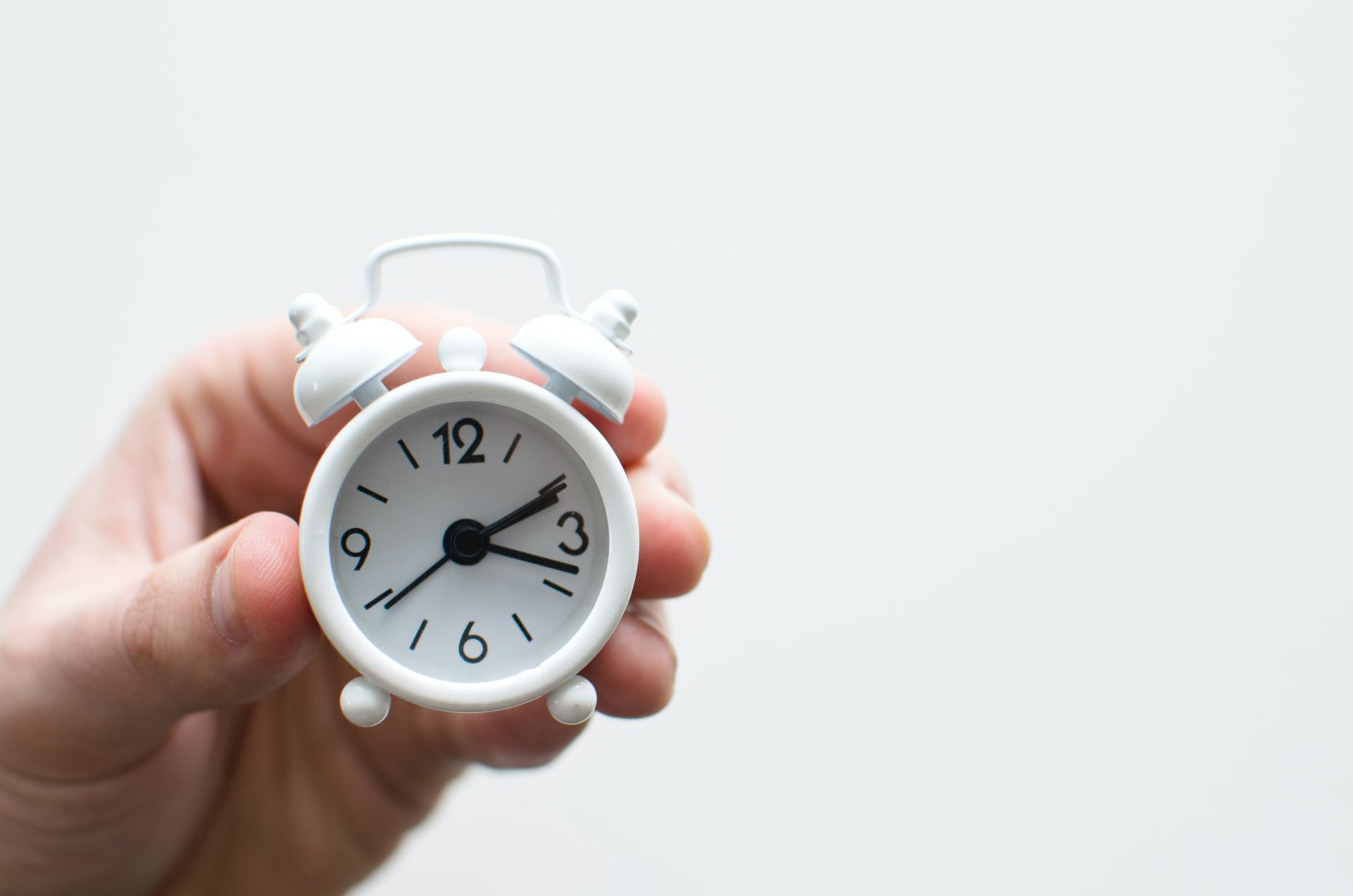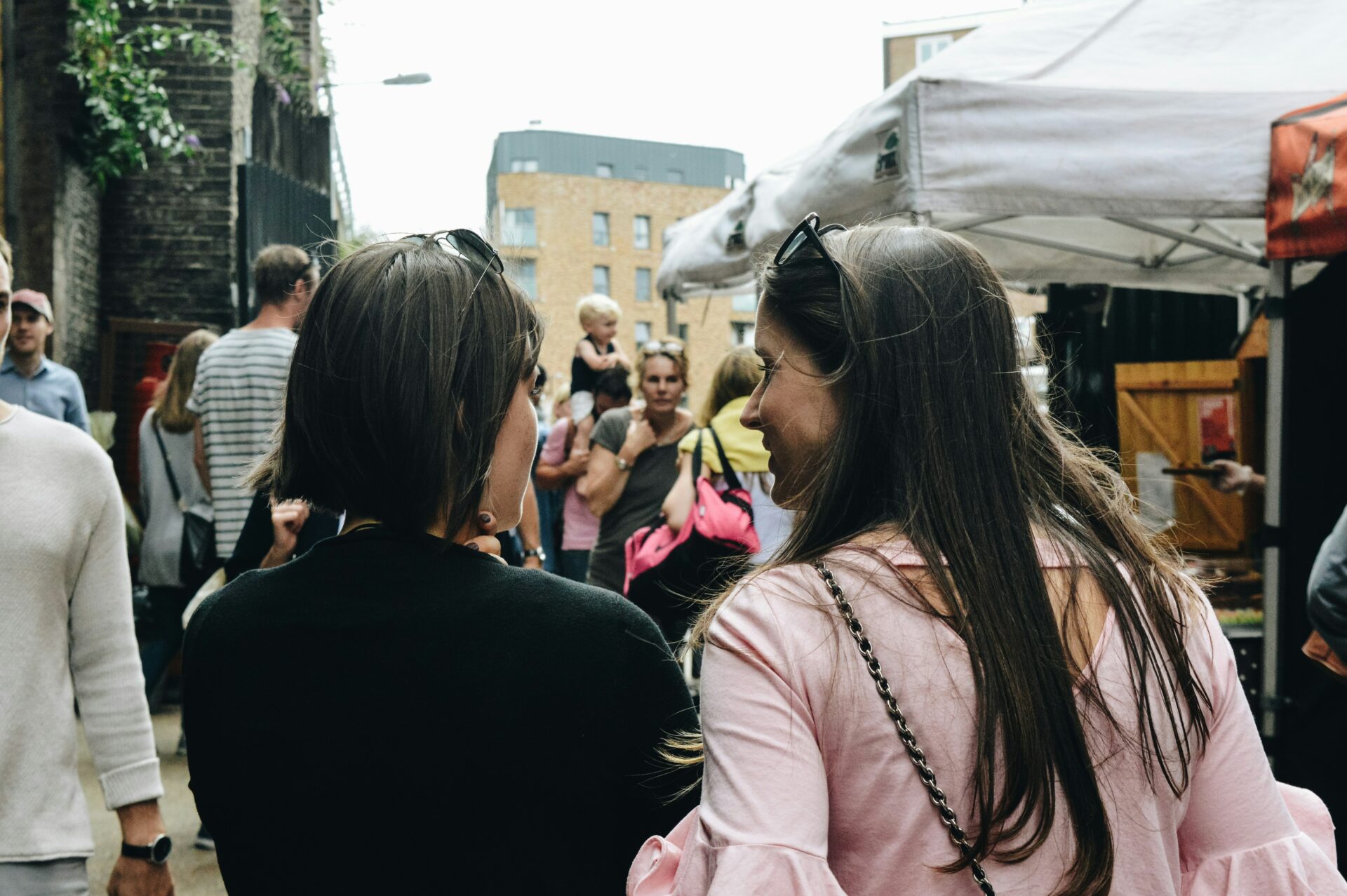What are we Losing with Daylight Savings?

Daylight Savings Time (also known as DST), the practice of moving our clocks forwards or backwards to maximize the overlap between our waking hours and available daylight, was adapted in 1915 to save energy. Some sleep experts, however, say this ancient practice is not good for our health. Members of the American Academy of Sleep Medicine (AASM) Public Safety Team and Board of Directors have published an advisory calling for the practice of daylight saving to be eliminated.
The start and end of daylight-saving time can throw us for a loop because of our circadian rhythm – the internal clock that manages our sleep-wake cycle – works best when you have a set routine and stable sleep habits. When that’s thrown off whack, sleep disruptions are likely to occur.
“Daylight saving time is less aligned with human circadian biology – which, due to the impacts of the delayed natural light/dark cycle on human activity, could result in circadian misalignment, which has been associated in some studies with increased cardiovascular disease risk, metabolic syndrome and other health risks,” (Journal of Clinical Sleep Medicine).
The study by the AASM also found that the one-hour time shift in the spring caused sleep loss and consequential sleep debt, due to having less exposure to light in the morning and greater exposure to the evening light. It also resulted in an increase in missed medical appointments, car accidents, and emergency room visits.
The study concluded that “a change to permanent standard time is best aligned with human circadian biology and has the potential to produce beneficial effects for public health and safety.”
DST transitions can affect several brain functions, including alertness and energy levels. In an article for Medical News Today, Beth A. Malow, a professor of neurology at Vanderbilt University Medical Center in Nashville, TN said “It’s not 1 hour twice a year, “It’s a misalignment of our biologic clocks for 8 months of the year.”
Although some individuals have biological clocks that can adjust quickly to DST transitions, others take longer and are more sensitive to the effects of these transitions. Since DST is currently a recognized practice in most parts of North America, there are some things we can do to help with the upcoming transition. This includes, easing into the change by going to bed earlier in the days leading up to DST, as well as, sticking to a good bedtime routine.
Remember to give yourself a little extra TLC as your internal clock adjusts. Zenbev Drink Mix, as always, can come to the rescue! Prepare for the change in time by taking Zenbev a few days before and after to prevent sleep disturbances. A regular pattern of making a delicious Zenbev drink part of your nighttime routine will improve your sleep, boost your health and contribute greatly to your peace of mind. Adjusting to the time change, or whatever life throws at you, will be a breeze!


